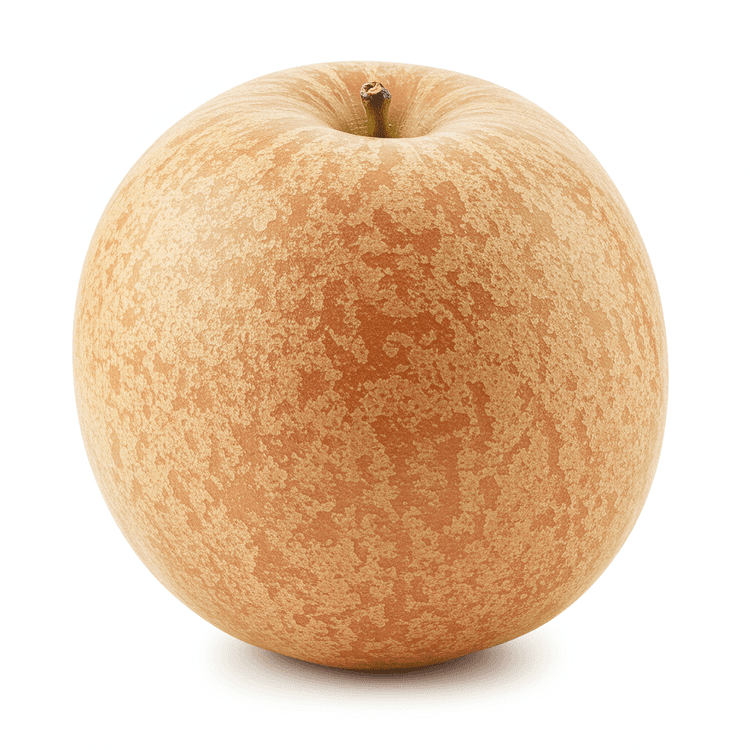
Beaten
Beaten eggs are a kitchen staple, created by vigorously whisking whole eggs, egg whites, or egg yolks until they are light, frothy, and uniformly blended. The texture changes from viscous to airy as air is incorporated, creating a pale yellow, voluminous mixture. Beaten eggs are essential for creating volume, binding ingredients, and adding richness and structure to countless dishes.
Common Uses
- To make fluffy scrambled eggs: Beaten eggs are cooked over low heat, stirred gently, resulting in a soft, creamy texture.- In baking recipes: Beaten eggs are a key ingredient in cakes, muffins, and cookies, providing structure, moisture, and emulsifying fats and liquids for a smooth batter.- As a binding agent for meatballs and meatloaf: Beaten eggs help hold the ingredients together, preventing the mixture from crumbling during cooking.- To create French toast batter: Beaten eggs, combined with milk, cinnamon, and vanilla, coat slices of bread, which are then pan-fried until golden brown.- In quiches and frittatas: Beaten eggs form the base of these savory egg dishes, combined with cheese, vegetables, and meats, and baked until set.- For making omelets: Beaten eggs are poured into a hot pan and cooked until set, then filled with a variety of ingredients like cheese, vegetables, and meats.
Health Benefits
While "beaten" is a verb describing food preparation rather than an ingredient, here are the health benefits of incorporating more homemade meals into your diet that might involve this technique:
- Control over Ingredients: Preparing your own food allows you to choose healthier, fresher ingredients, reducing processed foods, excessive sodium, unhealthy fats, and added sugars.
- Portion Control: Cooking at home helps you manage portion sizes, aiding in weight management and reducing overeating.
- Improved Nutrient Intake: Home-cooked meals can be richer in essential vitamins, minerals, and antioxidants, as you control the nutritional content.
- Reduced Risk of Foodborne Illness: Properly preparing food at home minimizes the risk of foodborne illnesses compared to eating out.
- Increased Awareness of Food Choices: Cooking encourages you to be more mindful of what you eat, fostering a healthier relationship with food.
- Potential Cost Savings: Cooking at home can often be more economical than consistently eating out or ordering takeout.
Chefadora AI is here.
Experience smarter, stress-free cooking.
Storage Tips
Since "beaten" refers to a cooking process rather than a specific ingredient, storage tips depend on the food being prepared. Generally, store cooked food promptly in airtight containers in the refrigerator to prevent bacterial growth. Ensure food cools down quickly before refrigerating; do not leave it at room temperature for more than two hours (or one hour if the temperature is above 90°F). If you are meal prepping, or wish to store longer, freezing is a great option. Label all stored food with the date for proper tracking and use within recommended timeframes. Consult safe food handling guidelines for the particular food you are storing.
Marnirni-apinthi Building, Lot Fourteen,
North Terrace, Adelaide, South Australia, 5000
Australia
